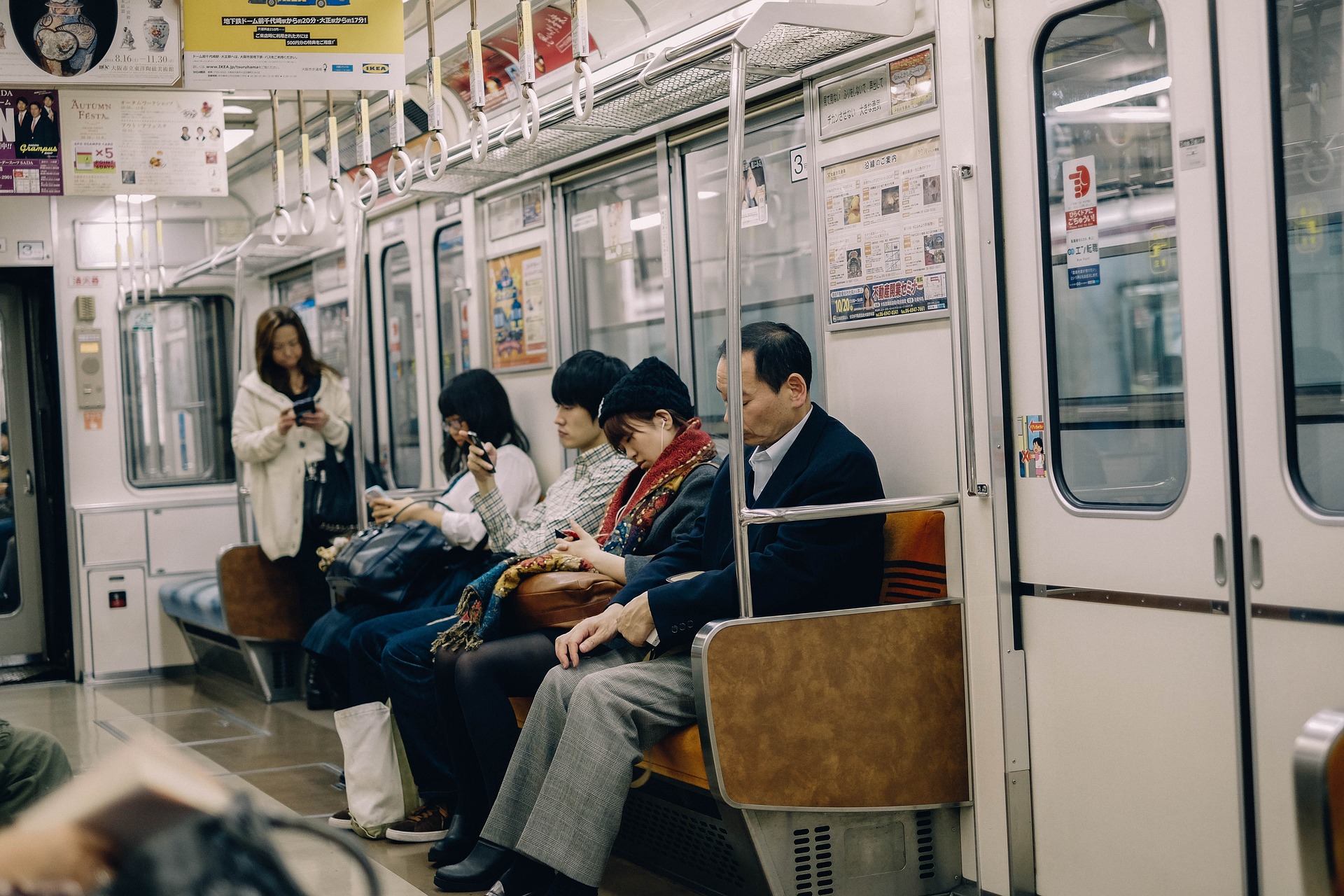Introduction
In Korea, the aging society and low birth rate are becoming more pronounced issues, and they are reflected in the growing conflicts between the baby boomers and the MZ generation over National Pension reform and free public transportation. As the baby boomers approach retirement age, the MZ generation is struggling to shoulder the burden of an aging society, leading to increasing tension between the two groups.
Understanding the Context of Korea's Aging Society

According to the World Health Organization, Korea's aging population is among the fastest aging in the world. In 2020, the proportion of the population aged 65 years and over was 14.7%, which is expected to increase to 37.3% by 2060. This rapid aging of the population is due to a combination of factors, including the low birth rate, increased life expectancy, and increased medical advances. As a result, the issue of how to support an aging society is becoming more pressing in Korea.
National Pension Reform Sparks Controversy
The National Pension reform has become a major point of contention between the baby boomers and the MZ generation. The MZs in South Korea is strongly opposed to the proposed "pay more, get less" reforms of the national pension scheme. The younger generation believes that the current pension structure benefits the older generation and does not think the National Pension Fund will be a social security net for their generation. They propose that the age at which they receive their pension benefits and the retirement age should both be moved to after 70 instead of increasing premiums.

On the other hand, baby boomers have different opinions on the matter, given their age and status as beneficiaries of the current pension system. They argue that the proposed reforms are necessary to ensure the sustainability of the pension fund and to prevent it from running dry before their retirement age. They also argue that it is reasonable to ask younger generations to contribute more to the pension system since they have more time to accumulate savings.
Free Public Transportation
Another issue that is causing tension between the baby boomers and the MZ generation is the issue of free public transportation for seniors. Currently, seniors aged 65 or older are eligible for free rides on the subway. However, the cost of providing this service is becoming increasingly burdensome, with the deficit expected to continue to increase as the 65-year-old population continues to grow. The deficit for free transportation of Seoul subway lines 1 to 8 was 370.9 billion won ($309 mil) in 2019 and increased to 278.4 billion won in 2021.
The MZ generation believes that the free ride policy for senior citizens is putting an unnecessary burden on the younger generation, who will have to pay for these costs in the future. Also from a recent poll, 60% of Koreans support raising the minimum age for senior citizen benefits including free subway rides to 70.

Whereas, the baby boomers argue that they have contributed to the country's economic growth and development through their hard work and dedication throughout their lives, and as such, they deserve certain benefits and entitlements in their retirement years. Also they believe that it is important to maintain these benefits as a social safety net for seniors.
Conclusion
The growing conflicts between the baby boomers and the MZ generation over National Pension reform and free public transportation reflect the significant challenges faced by Korea in its aging society. While the baby boomers are concerned about protecting their benefits, the MZ generation is struggling to find a way to support an aging society while also ensuring the sustainability of the pension system. With the 65-year-old population expected to continue to grow, finding a solution to these issues will be critical to ensuring the long-term stability of Korea's society and economy.




댓글